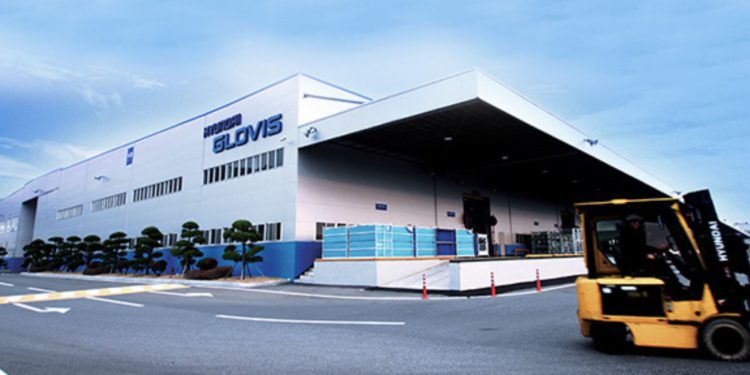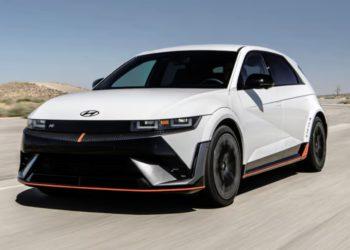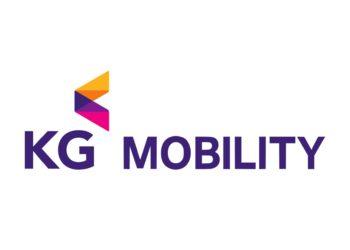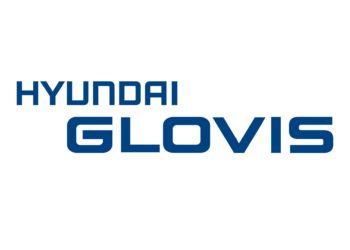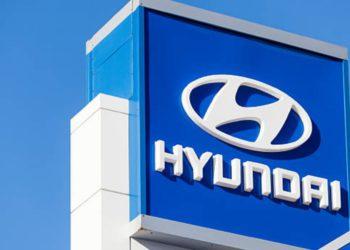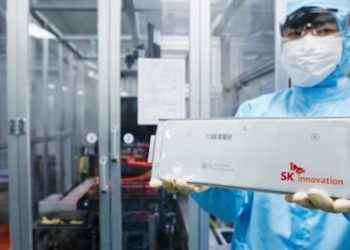Korea’s one of the largest logistics firms, Hyundai Glovis, is all set to launch its eco-friendly brand “ECOH” to promote sustainable business areas. The new brand will operate in hydrogen and electric vehicle (EV) and their battery production businesses.
The name ECOH is derived from “Eco” (Environment) and “Human,” the firm explained in the launch announcement made on October 4th. As the name suggests, the subsidiary will focus on green energy products, while Hyundai Glovis also plans to strengthen its logistics business through the new brand.
Glovis is likely to add “Logistics” or “Station” to the brand name for its operations in hydrogen fuel. Similarly, it may add “Storage” to ECOH for EV battery operations.
Hyundai Glovis will be supporting the new venture through hydrogen gas production, storage and distribution. This supply chain management will help ECOH to set up a hydrogen value chain.
Initially, the firm plans to deep dive into hydrogen shipping by establishing nine centers by 2030 while offering hydrogen gas to around 360 stations in the country. Later, the firm plans to expand its operations through exports to Australia, New Zealand and the other parts of Asia.
In a recent interview with the media, a Glovis official stated, “We are preemptively fostering domestic hydrogen logistics and global hydrogen maritime transportation businesses considering the growth potential of the hydrogen economy.”
Since Ammonia plays a crucial role in transporting hydrogen, Hyundai Glovis has already initiated associations with ammonia producers. Additionally, the company is planning to increase the number of ships to transport hydrogen through two VLGSs. The production of these VLGCs is projected to be completed in two years, after which the company is likely to start storing and transporting liquefied hydrogen.
According to an industry insider, the company may invest in a plant construction project for hydrogen fuel cells and the Alternative Maritime Power supply. Also, by 2022, the market may expect a port following hydrogen Portfolio Standards.
To support “ECOH Storage,” as it may be called, Hyundai Glovis will be using V2G technology to leverage idle electrical energy for future EV operations. Under this project, EVs will be connected to power grids to utilize the energy.
Apart from battery production, the supply chain firm may soon venture into battery recovery and recycling operations. The life cycle of battery life is 7-10 years. Therefore, the company will be prepared to reuse waste batteries by 2028.
The company will explore other purposes of EV batteries and their raw material. Aligned with this project, the company may undertake “UBESS” to recycle the waste batteries through the Energy Storage System.

